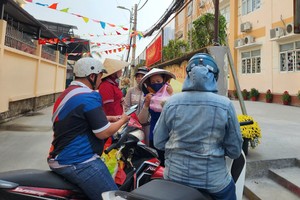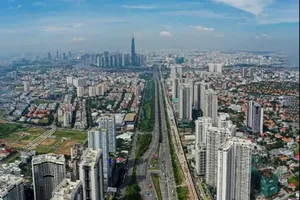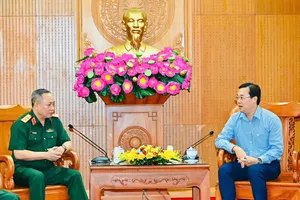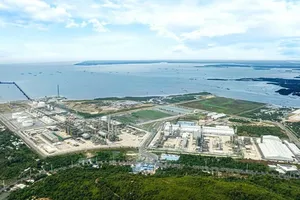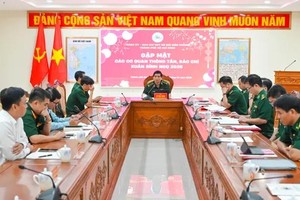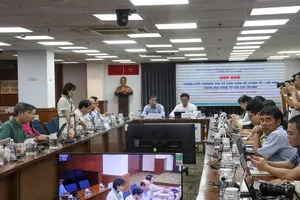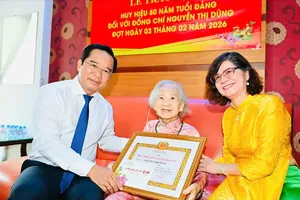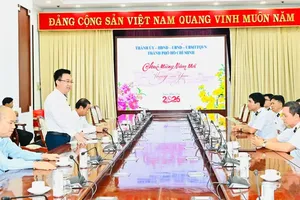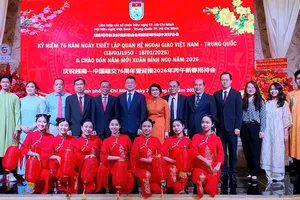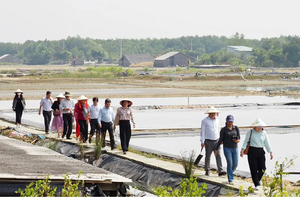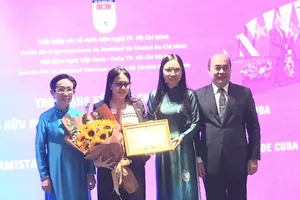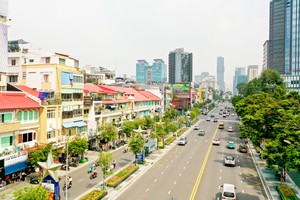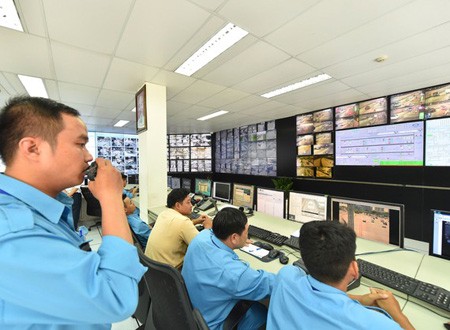
Deputy Director of HCMC Department of Information and Communications Vo Thi Trung Trinh shared that digital transformation can affect all socio-economic aspects. Being the economic leader of Vietnam, HCMC must carry out this vital process, based on the national one as well as smart city building and e-government establishment projects.
Particularly, HCMC aims at having 50 percent of documents submitted for online level-3 and level-4 public services in 2025, along with 90 percent of district-level documents and 60 percent of ward-level ones. In the next 5 years, the common database of the city and the open data ecosystem are going to be linked to their national counterparts for the development of a digital government and socio-economic growth.
HCMC plans to enter the list of top-5 regions in Vietnam regarding e-government, to let the digital economy account for 25 percent of Gross Regional Domestic Product (GRDP), and to have an annual labor performance of at least 7 percent. The proportion of residents owning an electronic payment account must make up over 60 percent.
Until 2030, the city intends to have all level-4 public services performed online via various accessing devices, including mobile ones. All work-related documents in district level and 90 percent in ward level are going to be processed online.
The full data foundation of a smart city will be completed to serve the development of a digital government, economy, and society, reducing administration procedures by 40 percent while increasing innovative services also by 40 percent.
At this time, HCMC should become one of the two leading area as to e-government, when the digital economy account for 40 percent of GRDP, and to have an annual labor performance of at least 9 percent. The proportion of residents and businesses owning an electronic payment account must make up over 85 percent.
To better serve both citizens and businesses, HCMC is going to integrate services so that those in need can use one account for all applications and public services of the city. Therefore, they just need to provide information once and state units share this among them. Interactions between the local authorities and residents are to increase.
The city is going to cooperate with related organizations for the tasks of e-payment, document delivery via the post, and process status announcement.
The ecosystem of an open database of HCMC will be used actively to offer a reliable information channel for the public and businesses, which in turn encourages the public’s monitoring of state activities.
HCMC is going to promote e-commerce and digital transformation in businesses, especially small- and medium-scaled ones.
HCMC People’s Committee said that the success in establishing a digital government in the city can tremendously boost the growth of a digital economy via transparent and swift administrative procedures.
Other fields like healthcare, education, transport, finance-banking, tourism, agriculture, logistics, environment, energy, and human resources training are also encouraged to perform this digital transformation process.
To ensure information safety, HCMC is going to introduce regulations related to privacy and sensitive information, including the coding and protecting or hiding these information kinds when needed, along with clear policies about responsibilities and rights in information sharing in different levels.
In addition, HCMC People’s Committee has just issued a decision regarding the updates and adjustments of the e-government architecture of HCMC, aiming at synchronizing IT applications in state offices sited in the city in accordance with development strategies for transforming HCMC into a smart city and the e-government establishment project.
The architecture of an e-government is vital in the smart city building and digital transformation projects since it can specify data sharing activities, connections, and technological standards in order to implement technological solutions effectively and synchronously.
This architecture should be developed in a macro scale to become the basis for departments, industries, the People’s Committee of districts and wards to refer to when building their own micro-scaled ones.
